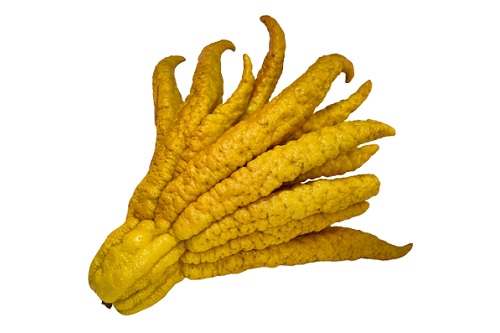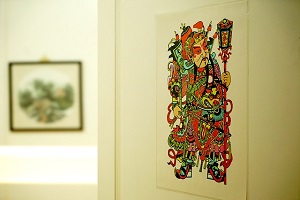The Chong Yang festival (重阳节) falls on the ninth day of the ninth lunar month.
Even though it is not celebrated by all Chinese communities, it has deep customs and significance in Chinese culture.
Understandably, it also goes by the name double ninth festival.
This is a day where people make their way up hills and mountains, and cornels have a strong presence.
Legend of Chong Yang festival
The folklore was that a man named Heng Jing (恒景) went on a quest to save villagers from a plague that has gripped the community along the Ru River. This led him up the mountains and to seek a deity for help. After bestowing him with wisdom and fighting skills, the deity told Heng that on tehe 9th day of the 9th month, the devil that is causing the plague would emerge from the river. Heng must lead the villager up the mountain to save them from the devil, then fight off the evil being himself. The deity then provided Heng with cornus leaves and chrysanthemum wine for the villagers on their trip. A divine crane then took Heng on it’s back and brought him back to the village.
On the day of reckoning, the villagers went up the mountain as instructed. They use cornus leaves for protection from evil and drank the wine to avoid sickness. Heng then defeated the devil with the dragon-slaying sword, and the plague was no longer.
After this incident, it became a custom to go up the mountains on Chong Yang day.
There’s also another story that backed up this association of hiking mountains and the double ninth festival.
This was about a farmer who one day took in a soothsayer for the night as he somehow ended up on his front door. Feeling a deep sense of gratitude towards the farmer’s hospitality, the fortune teller advised him to take a leisure walk up the mountains on the 9th day of the 9th month. When the day came, a flash flood took away his house as he watched from a viewing point on Mount Li. The miraculous story spread like crazy and the custom became an annual affair.
Customs of Chong Yang
These days however, people no longer restrict themselves to climbing mountains on this day. They just climb up tall structures like buildings as a token respect and acknowledgement of this customary practice.
And yes. They use elevators.
Nevertheless, if you are observant, you might still notice a strong presence of chrysanthemum products and cornels on this day.
There is also a delicacy known as the Chong Yang cake.
This is basically a rice cake that people consume in villages that don’t have mountains to climb on this day.
The reasoning behind this is that the mandarin word for cake is gao 糕) which sounds the same as gao (高) which means high. So eating this dessert is akin to getting on higher ground… like a mountain.
There is also a particular type of cornel that has a special status called the evodia fruit.
People can be often seen to be plugging evodia or wearing evodia flowers as accessories.
This could be connected to a folklore about the healing properties of the fruit once healed a ruler of the Chu state from an unidentified illness.















